If you ask us, Banksy’s probably the most well-known street artist. Love him or hate him, you can’t deny that he’s a force to reckon with when it comes to street art.
Street art is called street art for a reason. Born in the streets as an attempt to be heard, graffiti could be anything really – from simple signatures to political statements and even random pictures. Sometimes, the tongue-in-cheek artworks are funny enough to put a smile on your face too.
In an attempt to bring it to the galleries, street art expert Magda Danysz has curated a selection of the best street art to be showcased in the ArtScience Museum. It’s about time we started to see street art in a new light, and viewing in an exhibition is certainly taking the soul of street art out of its element that it was created for. Still, we need it to show everyone that Street Art deserves to be appreciated as well.

Untitled, Dondi (1984) – Spray paint on canvas
Starting from the history, the exhibition is split into 6 sections, where you get to explore different facets of street art and how it has evolved from the artists using gritty, urban streets in a bid to be heard to Instagram-worthy walls that we actually seek out today. Here’s a quick lowdown of what to expect with a little bit of background history into street art. It’s not all random drawings and words!

A State Of Decline, Speak Cryptic
Section 1: The Pioneers And The Masters
It’s not easy to pinpoint exactly how graffiti became street art, and when it became more ‘acceptable’ as part of mainstream life. But you have to start somewhere, and you can start off right at the beginning with some of pioneering artists who drove the street artists. It’s quite obvious, but most of the artworks were created with spray paint on different canvases.

Untitled, Futura (1982) – spray paint on concert background
Even within street art, there are distinctive artistic styles. Futura, for one, created his own abstract graffiti style by not following the block letters trend. The Futuristic style focused on the creation of atmospheres with blends of colour explosions and pure lines. There’s a beautiful randomness to it that borders on random and purpose; but that’s what makes graffiti so intriguing in the first place.

Middle East, Shepard Fairey (2009) – Mixed media
Section 2: The Advent Of Message
After a point in time, there was only so much words could say. Words eventually gave way to icons and more conceptual designs. Here’s when you’ll start to see the influences of other street communities like skate culture and video gaming. If you’re familiar with the OBEY clothing line, you should know that the designer of the label was a street artist himself who founded the line in aims of spreading more word about his activism.

Liquidated McDonald’s, Zev (2006) – Logotype sign and paint
Other artists also started using graffiti as a way of protesting by manipulating logos and icons. Take the liquidated icons series, which is Sevs answer to the over saturation of the advertising world in the face of technology.
Section 3: Stencil World

Rat And Heart, Banksy (2015) – Spray paint and emulsion on canvas
Adapt. Improvise. Overcome.
Street artists have been struggling to be heard, and they aren’t going to take something like the authorities cracking down on their public expression so quietly. In response to public bodies cracking down on graffitti, artists turned towards stencilling as it was much quicker. Banksy, our favourite street artist, was a huge purveyor of this method in the 1990s, and you’ll be thrilled to find one of Banksy’s artworks exhibited here as well if you’ve always wanted to see his works in person. Granted, it’s not the same as a mural on the wall, but not all of us can afford a plane ticket to wherever Banksy decides to pop up next.
Section 4: New Writings

One More Picture On My Phone, Rero (2017) – Digital wallpaper print
In a bid to stand out, artists started creating their own typography. Artists wanted to stand out and not be lumped in with all the other anonymous artists out there. More different approaches, with the help of technology, were also developed. Think digital graffiti, wallpaper prints, automatic spray-painting, the options were limitless!

Eastern Skies, FAILE (2016) – Acrylic and silkscreen on wood
Section 5: Art Of The Context
If you thought that graffiti and street was a very Western thing (which is a pretty reasonable conclusion considering that majority of the works on display are from Western artists – we’ll take another look at the diversity of artists at another time), graffiti and urban art is universal. Even Singapore has its own urban culture scene despite our open rejection of anything rebellious, with the upcoming Aliwal Urban Art Festival showcasing our own local street talent (you’ll be surprised at what’s going on in our streets too!).

Empress Wu, YZ (2016) – Paper and Indian ink on old wooden doors
Section 6: Getting Up
If we’re going to talk about the history, we need to talk about the newer talents as well. Finish up your tour with some revolutionary artworks. With a mixture of both aesthetics and traditional graffiti practices, street artists are starting to diversify and really carve a name out for themselves. Some murals are impossible to transport to the exhibition, so there will be photos of murals, that are pretty impressive in itself.

Untitled, Felipe Pantone (2016) – Photograph of a mural in Montreal
The only thing we really wanted? More Bansky please. How can you have an exhibition about street art and only have one artwork by the legendary artist?
Art from the Streets
Date: 13 January – 3 June 2018
Time: 10am to 7pm daily
Venue: ArtScience Museum at Marina Bay Sands
Tickets: available here
All images from the ArtScience Museum


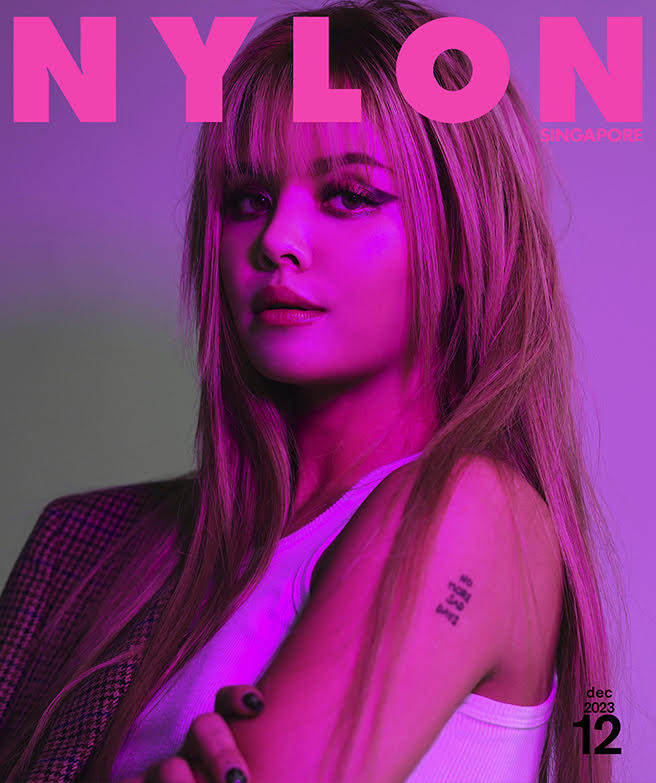

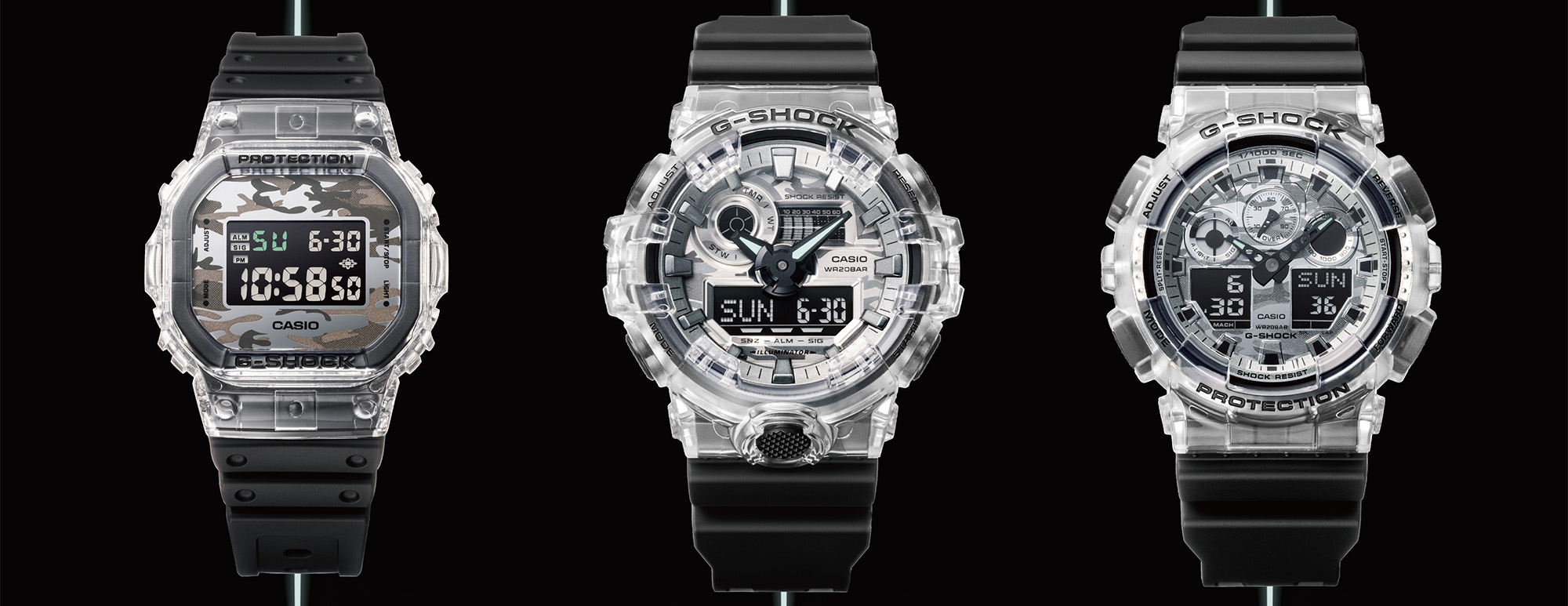
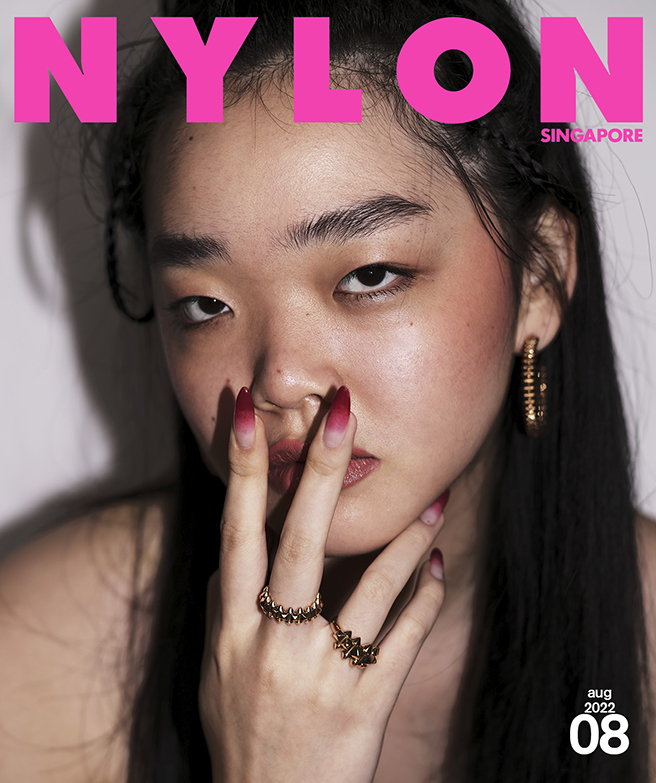

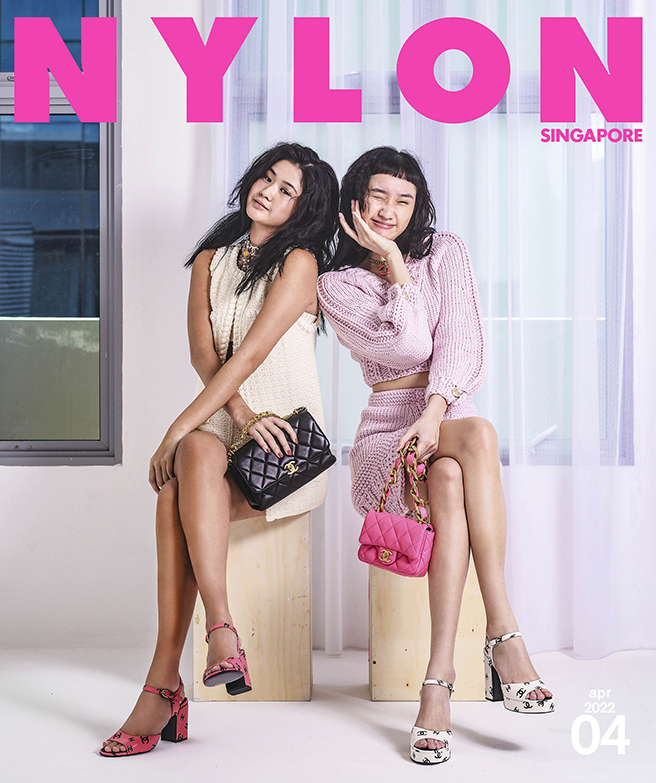
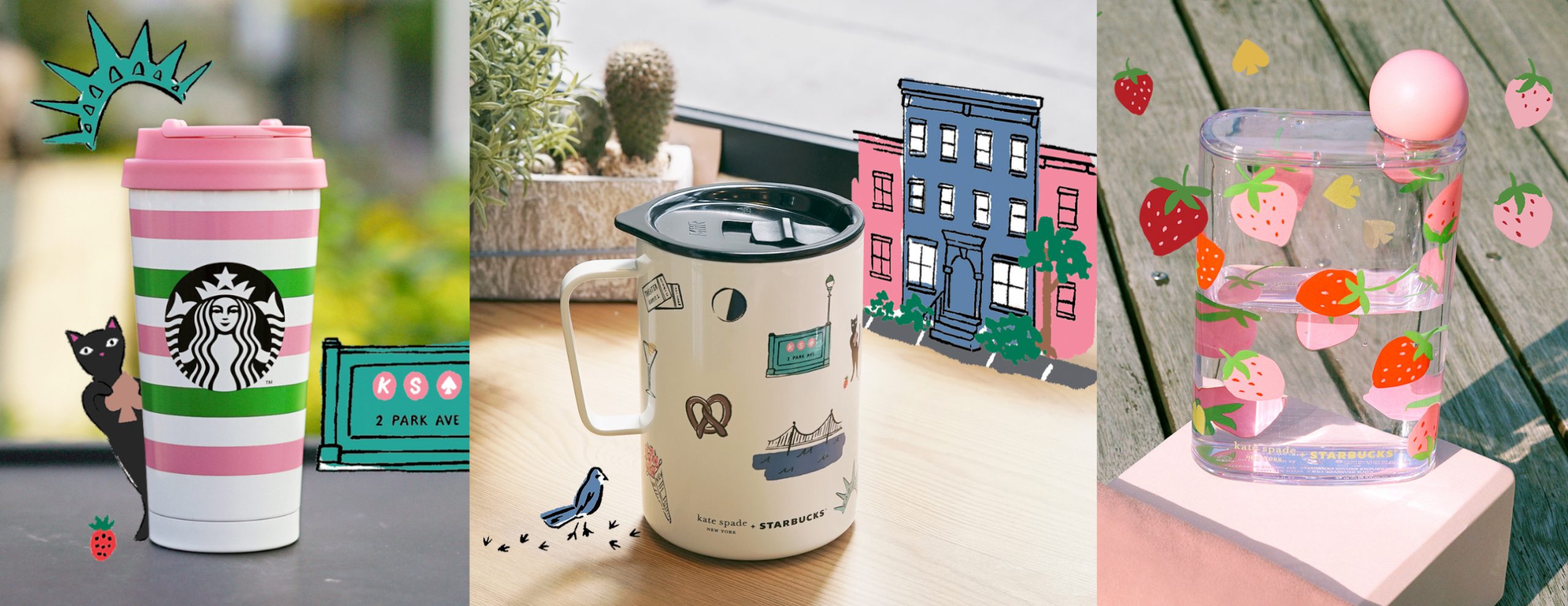
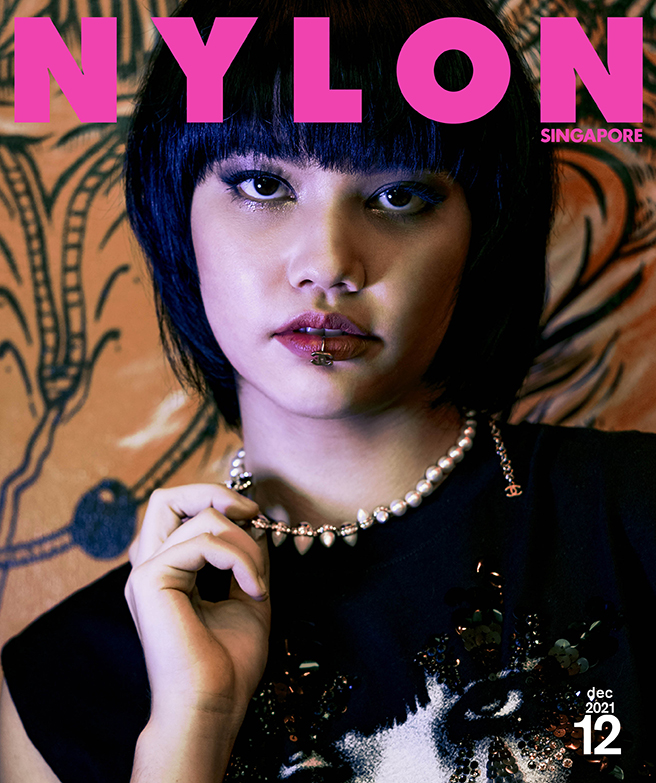

You must be logged in to post a comment.